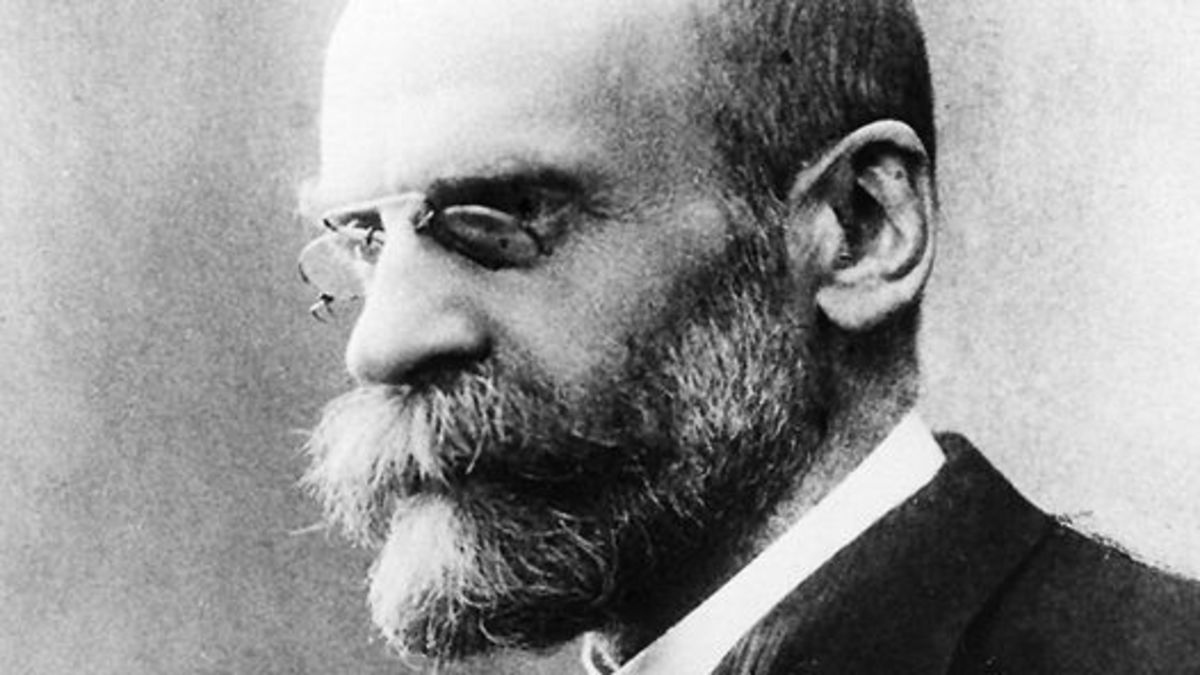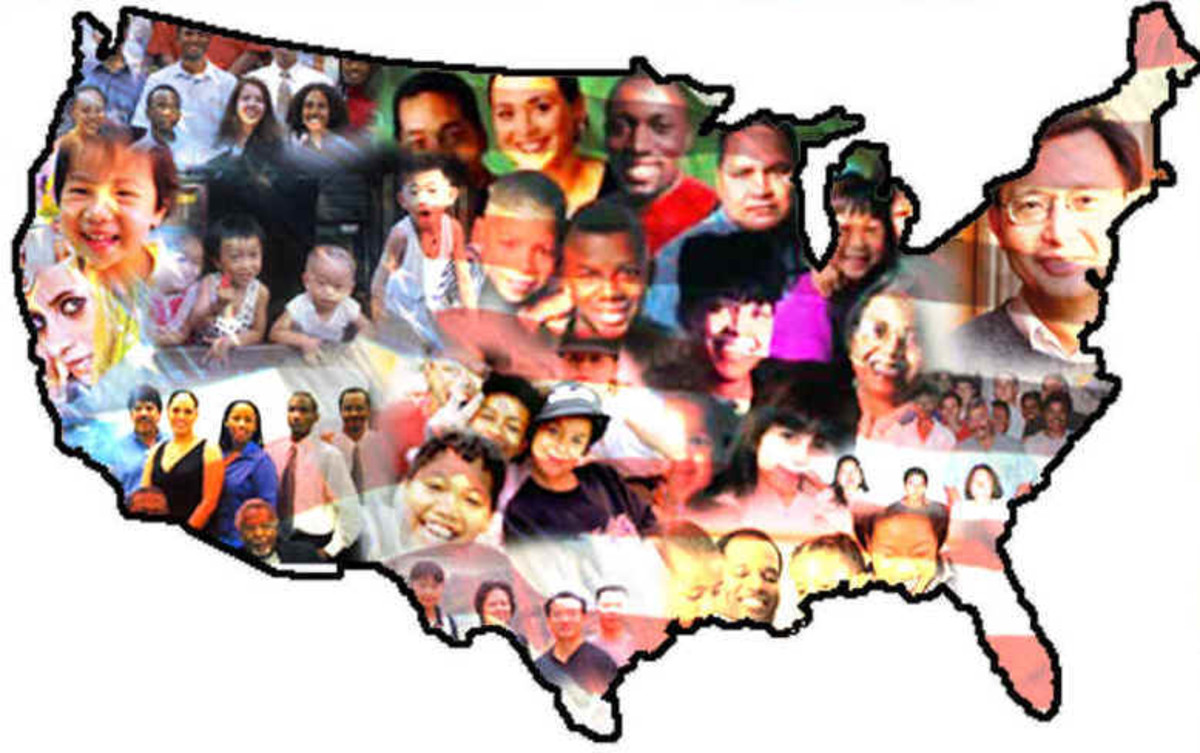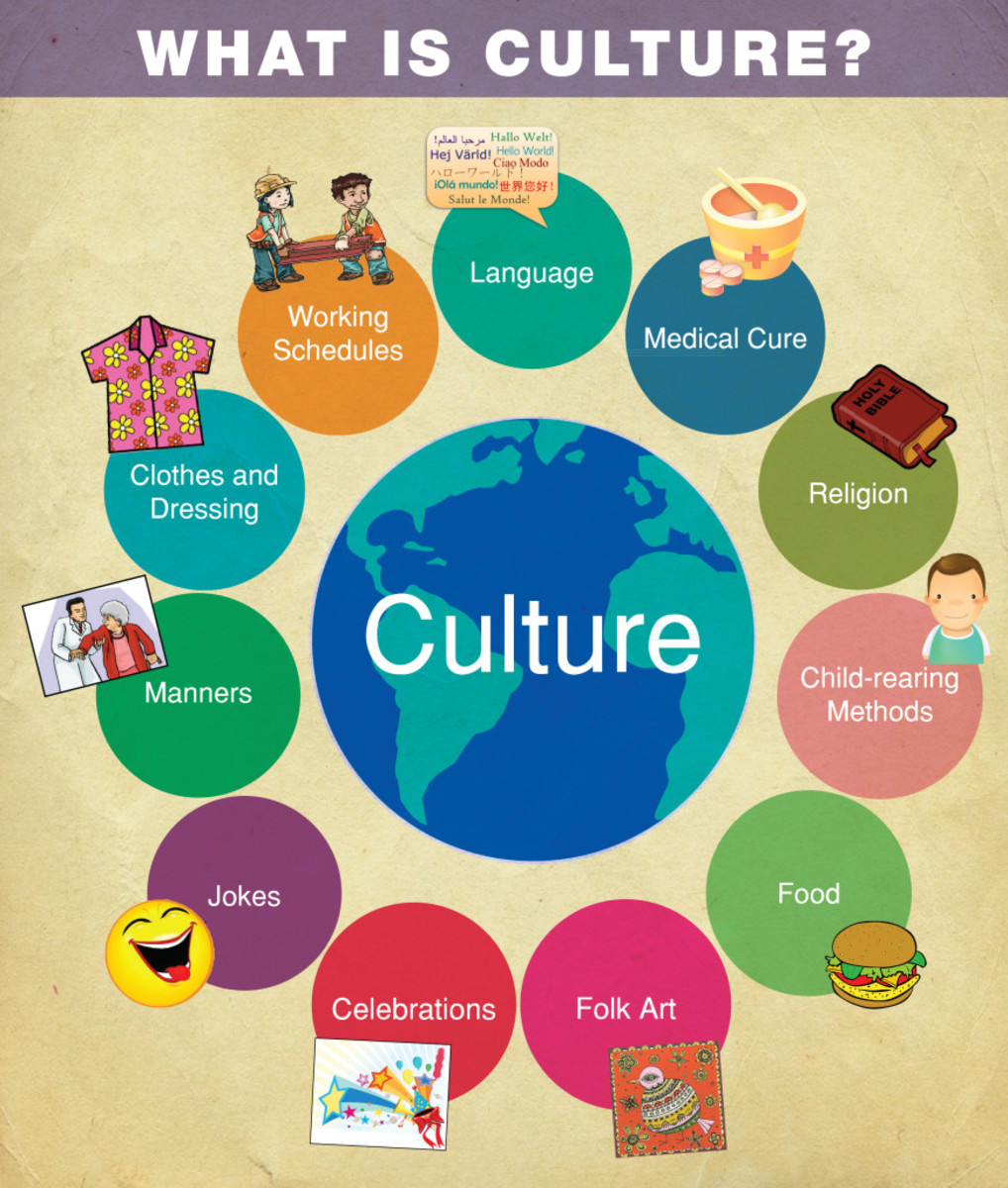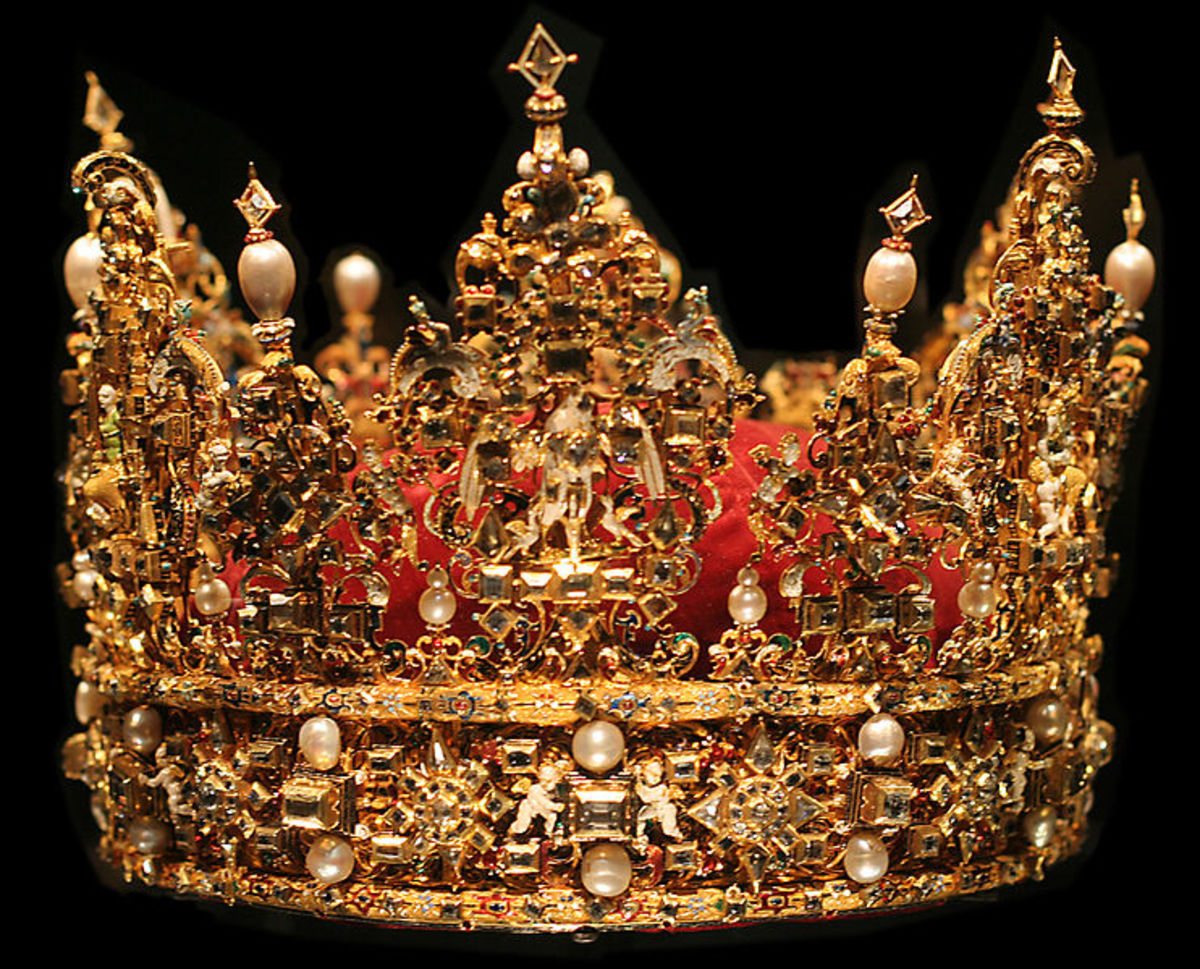How Social Darwinism Played a Role in America's Current Racial Prejudice
The logic of Social Darwinism and its impact in the American society
In the United States, the social Darwinism concept was conspicuous in the nation’s society, economy and politics during the late 19th century. Those supporting the theory (sociologists) embraced racism and capitalism which was pervasive at that time. According to this theory, the government does not need to help the poor since this amounts to interference of the “survival of the fittest”. They also promoted the view that some races were inferior in biological perspective compared to others. The logic presented in social Darwinism was ingrained in the American society and duly affected public policies such as public health, immigration, and imperialism.
The emergence of social Darwinism began when some sociologists borrowed ideas from Darwin’s theory of evolution in describing the biological world. Consequently, they adopted these ideas and applied them to the human social perspective. Afterwards, they used the ideas of evolution in framing a comprehension of the developing rift between the poor and the rich alongside cultural variations around the globe. They eventually arrived at the conception that those businessmen and others who were successful in social and economic aspects were so owing to them being “naturally the fittest” in social and biological perspectives. These people observed that in the natural sense, the poor were unfit and weak and if allowed to procreate, the tendencies or features would continue to their offspring (Claeys 233). For them, the term “survival of the fittest” introduced by Darwin’s theory implied that only those who are fit can survive.
Nonetheless, it needs to be considered that the social Darwinists did not have a background in biology. A clear analysis of their application of Darwin’s ideas shows that they were swaying them to fit their own political, economic and social perspectives. Darwin had a substantial level of evidence and archeological background to back his arguments. This may work to explain why his theories are still regarded in today’s biology discipline. On the other hand, the opinions of sociologists are no longer viable and cannot apply in the modern society. Essentially, the ideas were erroneous since their basis was a wrong interpretation of Darwin’s evolution theory.
Social Darwinism had a great role in shaping the immigration policies in America during the late 19th and 20th century. For instance, the Chinese Exclusion Act enacted and passed in 1882 restricted immigration of the Chinese citizens to the US for a decade. During that time, no Chinese citizen was allowed to come to the US in search of work. Despite the Act’s expiry in 1892, the US government extended the restrictions by establishing the Geary Act. Under this Act, Chinese immigrants had to acquire a certificate of residence or be deported to their country (Hodgson 77).
The pseudo-scientific movement identified as eugenics developed at this time and was gaining popularity in the US. Eugenics argued that the process of selective breeding should be used to rehabilitate human beings. They further believed that the US needed to admit only people from northern Europe since these were intelligent and superior in terms of physical endurance and stability. Consequently, the eugenic movement succeeded in influencing the passage of the 1924 Immigration Restriction Act. This law created quotas for immigration to the US whereby; those from Scandinavian and European origin were allowed in large numbers compared to those from South and East Europe (Barrett, and Kurzman 499-527).
The idea of social Darwinism and eugenics were fiercely criticized by fundamental Christians. According to them, social Darwinism and eugenics did not have room for God who considers all human beings as equal, irrespective of race or origin (Baker 288). Until today, the American society is divided into two: those still supporting the idea that some races were superior to others and those considering all people to be equal.
Works Cited
Baker, G. J. “Christianity and Eugenics. The place of religion in the British Eugenics
Education Society and the American Eugenics Society, c.1907-1940”. Social History of Medicine. Oxford University Press. 2014. Vol.27 Issue, 2, 281–302.doi:10.1093/shm/hku008.
Hodgson, Geoffrey M. Social Darwinism in Anglophone Academic Journals: A
contribution to the history of the term. Journal of Historical Sociology: Vol. 17 No. 4. 2004. 428–63
Claeys Gregory. The "Survival of the Fittest" and the Origins of Social Darwinism.
Journal of the History of Ideas, Vol. 61, No. 2 (Apr., 2000), pp. 223-240








